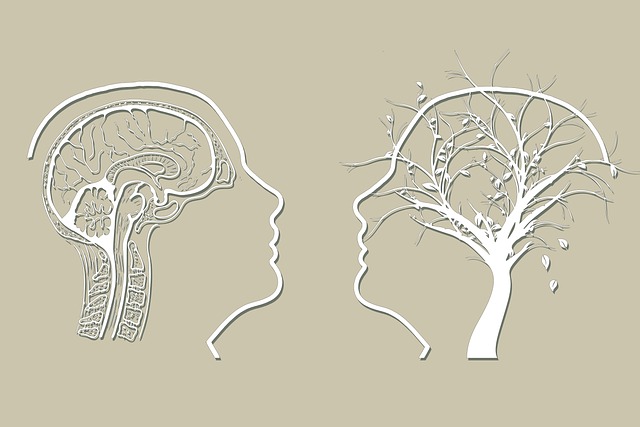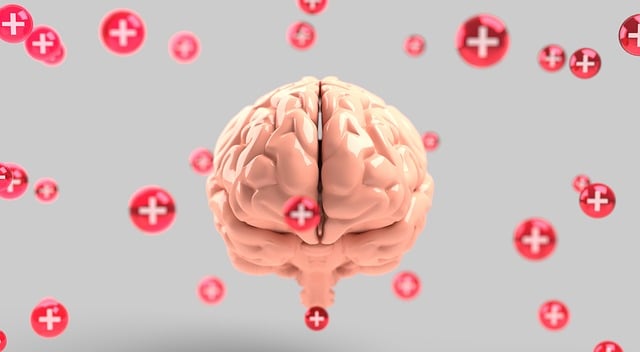Substance abuse is a complex issue driven by stress, anxiety, and trauma. Superior Anger Management Therapy emerges as a key strategy, addressing root causes by teaching individuals healthy emotion coping mechanisms through stress reduction techniques and culturally sensitive mental healthcare. This therapy, coupled with specialized workshops, equips people with tools to navigate life's challenges without resorting to harmful substances. It reduces addiction stigma, improves overall well-being, and decreases the risk of relapse, offering a holistic approach that includes depression prevention, trauma support, and integrated care for co-occurring disorders. Long-term support through ongoing therapy and support groups is vital for successful recovery.
Substance abuse carries significant risks, impacting physical and mental health, relationships, and overall well-being. This article explores comprehensive risk reduction strategies, including understanding the underlying causes of substance misuse and its detrimental effects. We delve into evidence-based approaches such as Superior Anger Management Therapy, offering a unique perspective on anger regulation as a key to prevention. Additionally, we examine alternative strategies and long-term support systems crucial for maintaining recovery and preventing relapse.
- Understanding Substance Abuse and Its Risks
- The Role of Anger Management Therapy
- Alternative Strategies for Effective Risk Reduction
- Long-term Support and Relapse Prevention
Understanding Substance Abuse and Its Risks

Substance abuse is a complex issue that can have severe consequences for individuals and society as a whole. It’s characterized by the excessive and harmful use of drugs or alcohol, leading to significant impairment in daily functioning. This behavior often stems from underlying factors such as stress, anxiety, trauma, or poor anger management skills.
Understanding these risks is crucial for developing effective strategies to prevent and mitigate substance abuse. One proven approach is Superior Anger Management Therapy, which focuses on teaching individuals healthy coping mechanisms to manage intense emotions. By learning stress reduction methods and cultivating cultural sensitivity in mental healthcare practices, we can address the root causes of substance abuse. Stress management workshops organized by specialized organizations play a vital role in equipping people with tools to navigate life’s challenges without resorting to harmful substances.
The Role of Anger Management Therapy

Anger Management Therapy plays a pivotal role in comprehensive substance abuse treatment plans, offering individuals powerful tools to navigate and control intense emotions. This therapeutic approach goes beyond simply teaching anger regulation techniques; it empowers clients with superior anger management skills, enabling them to cope effectively with triggers that could lead to drug or alcohol misuse. Through structured programs, participants learn to identify underlying causes of their anger, develop healthier coping skills, and gain insights into the connection between emotions and substance abuse behaviors.
The benefits extend beyond individual transformation; community outreach program implementation can be facilitated through these therapy sessions, fostering a supportive environment where those struggling with addiction find understanding and encouragement. Additionally, mental illness stigma reduction efforts are supported as individuals learn to manage their anger while challenging societal perceptions, leading to improved overall well-being and reduced risk of substance abuse relapses.
Alternative Strategies for Effective Risk Reduction

In addition to traditional risk reduction methods, there are alternative strategies that can be highly effective in mitigating the chances of substance abuse. One such approach is Superior Anger Management Therapy, which focuses on addressing underlying anger issues often linked to abusive behaviors. By learning healthy coping mechanisms and improving emotional regulation, individuals can reduce their vulnerability to substance abuse as a means of self-medication. This therapy empowers people to manage their temper effectively, fostering better relationships and enhancing overall well-being.
Incorporating depression prevention techniques, trauma support services, and mental illness stigma reduction efforts into risk reduction strategies is another powerful way to support individuals at risk. By providing comprehensive care that addresses co-occurring disorders and reduces the social and psychological barriers associated with seeking help, these initiatives ensure a more holistic approach to substance abuse prevention. Such integrated interventions not only decrease the likelihood of substance misuse but also promote long-term mental health recovery.
Long-term Support and Relapse Prevention

Long-term support is a cornerstone in the journey towards recovery from substance abuse. It involves ongoing therapy sessions and participation in support groups, creating a safety net that catches individuals during challenging times. These programs often include relapse prevention strategies tailored to each person’s unique needs. By learning coping mechanisms and stress management techniques, individuals gain valuable tools to navigate triggers and maintain sobriety.
One effective approach gaining traction is Superior Anger Management Therapy, which addresses the deep-rooted emotional issues that often contribute to substance abuse. This therapy encourages positive thinking and self-care routine development for better mental health, fostering a sense of control and resilience. Additionally, mood management techniques help individuals regulate their emotions, preventing impulsive decisions that could lead to relapse.
Substance abuse carries significant risks, but implementing effective risk reduction strategies can lead to successful recovery. By understanding the root causes, such as underlying anger issues, and utilizing evidence-based approaches like Superior Anger Management Therapy, individuals can gain control over their impulses. Combining therapy with alternative strategies, like mindfulness practices and support groups, offers a comprehensive approach to risk reduction. Long-term support and relapse prevention plans are essential to sustain recovery, fostering a healthier and more balanced life.













